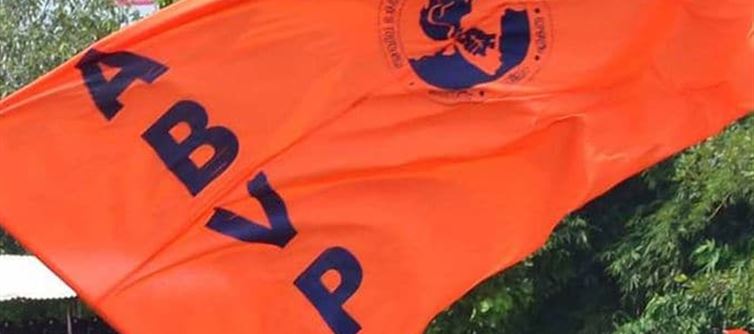
Once again, kerala is in the news — and not for the reasons it would like to be. Following an alleged attack on a state secretary in Thiruvananthapuram, the akhil Bharatiya Vidyarthi Parishad (ABVP) has called for a statewide education bandh on Monday. While the condemnation of violence is justified, the method of protest — shutting down educational institutions — raises a question that is rarely asked: Why do these bandhs thrive so strongly in kerala while other South indian states respond differently to similar political tensions?
A Tale of Two Approaches
Let’s compare. In Tamil Nadu, political agitation is certainly not new. Student protests have erupted over everything from NEET to language policy. However, full-fledged education bandhs are rare. The DMK and AIADMK student wings, while active, rarely disrupt education en masse. Even during the emotionally charged Jallikattu protests, students were seen protesting outside class hours, minimizing disruption to academics.
In Karnataka, the ABVP is just as active — perhaps even more politically influential. But it often resorts to symbolic protests, black badge campaigns, or media briefings, keeping colleges functional. Disagreements with curriculum changes or ideological conflicts haven’t led to education bandhs at the scale witnessed in Kerala.
Then there’s Andhra Pradesh and Telangana, where student unions are deeply rooted in statehood movements and caste politics. Yet even there, educational bandhs are seen as a last resort, not a knee-jerk reaction. Instead, the focus tends to be on protests at government offices, university gates, or even symbolic boycotts rather than complete shutdowns.
What Makes kerala Different?
Kerala’s political culture is deeply politicized — arguably hyper-politicized. Student organizations function almost like full-scale political parties, with well-established cadres, local units, and even "strike calendars." The SFI (linked to CPI(M)) and ABVP (linked to BJP) clash not just ideologically but physically, as evident in repeated violent encounters on campuses. These student bodies often use education bandhs as a tool of both protest and political one-upmanship.
While one might argue this is a sign of a politically aware youth, it also reflects a disregard for academic continuity and the rights of students who simply want to learn in peace.
Collateral Damage: Students
The ultimate losers in this aggressive culture of bandhs are students and parents. In a state celebrated for its high literacy rate and progressive education model, the irony is bitter: students are often held hostage to political rivalries. Compare this with Bengaluru or Chennai, where classes continue even amidst political storms. The difference? A clearer boundary between politics and classrooms.
Kerala’s education system is globally praised for its outcomes, but its political climate makes one wonder: Does that progress come in spite of or because of this agitation culture?
Time for Introspection
Kerala must ask itself a difficult question: Is disruption the only language our youth organizations know? And for ABVP — if their goal is justice for their leader, why punish thousands of students who had no role in the incident?
Other South indian states have shown that dissent can be powerful without being disruptive. kerala, with its intellectual and political legacy, must now lead in a different way — by redefining what responsible student activism looks like.
Until then, one can only watch as yet another week begins with locked school gates, frustrated parents, and students left in the crossfire of a fight that isn’t theirs.




 click and follow Indiaherald WhatsApp channel
click and follow Indiaherald WhatsApp channel